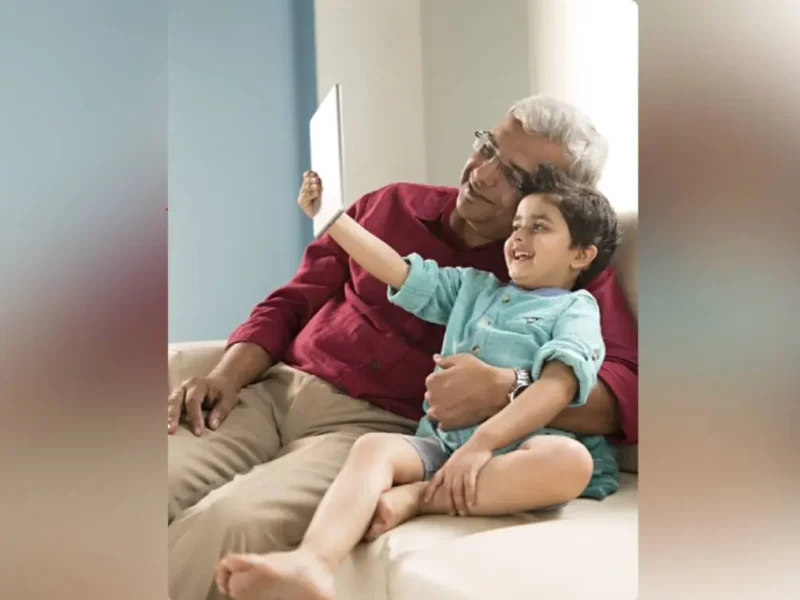
Summertime Eye Health Tips
By Dr. Archana Dubey, Chief Medical Officer, UnitedHealthcare of California

Eye health is an important factor in our overall well-being. Yet 65.3% of California children don’t regularly see an eye doctor. With many kids out of school for the summer, screen time may add up quickly and potentially contribute to health issues, making it a great time to shine a spotlight on vision health.
That can include a focus on preventing or treating nearsightedness, also known as myopia, which can affect our ability to see far-away objects clearly. Importantly, childhood onset of myopia has been linked to a greater risk of developing serious eye diseases later in life, including cataracts and glaucoma.
Unfortunately, myopia is on the rise, affecting around 42% of all Americans, up significantly over the last few decades. By 2050, it is projected that 50% of people worldwide will be nearsighted.
In an increasingly digital world, it’s more important than ever to be aware of this growing issue and how to address it. This is especially true for kids. According to an international research study, children who spend most of their time on both a smartphone and a computer may have an 80% higher risk of developing myopia.
Here are some tips to support eye health for you and your family:
Reduce excessive blue light exposure. Research is showing the potential health implications of excessive exposure to blue light, including disrupted sleep cycles and digital eye strain. Nearly 60% of U.S. adults report experiencing symptoms of digital eye strain with Americans spending an average of 7 hours per day interacting with screens. Make sure to spend ample time outdoors, which research has shown may reduce the risk of nearsightedness.
Watch for warning signs of myopia. Some common symptoms include far-away objects appearing blurry while close-by items are clear, squinting to see properly, eye strain and even headaches. For parents and caretakers, it’s important to remember that children may not know they have a vision problem, so pay attention to indicators like head tilting to read or watch TV, reduced performance at school or constant blinking.
Get a comprehensive eye exam and consider myopia management if needed. If you think you or a loved one may be experiencing vision issues or if you’re a frequent computer user, make sure to visit an eye doctor and get a comprehensive eye exam. These exams can detect health problems that a simple vision screening may miss. Ideally, kids should get annual comprehensive eye exams throughout their school years.
While eye doctors can’t cure myopia, they can prescribe eyeglasses or contact lenses to help you see clearly again. And if you or a family member is diagnosed with myopia, specialized treatment plans may help slow the progression.
Maintaining good eye health is an important step everyone can take to protect their overall well-being and may help prevent or slow the onset or progression of nearsightedness and other vision conditions.




